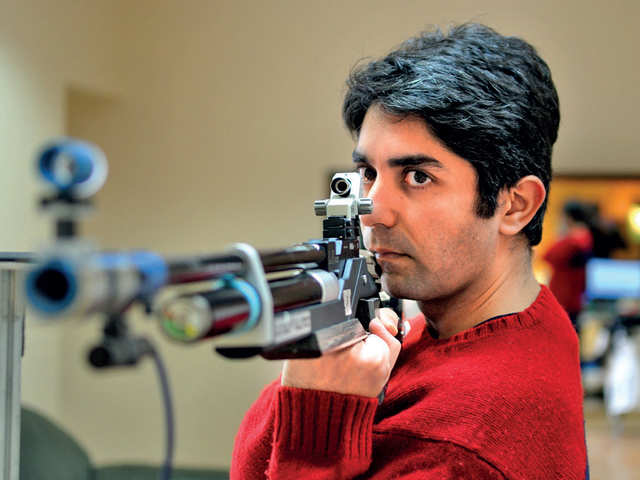Featured
Mind Matters | Pressure and perspective – The 2 P’s of performance

“Pressure can burst a pipe, or pressure can make a diamond” – Robert Horry, American Basketball Athlete
Psychologists have had their fair share while defining the nerves, jitters, butterflies that athletes might experience before or during performances. One such definition I personally resonate with is by Baumeister – ‘any factor or combination of factors that increase the importance of performing on a particular occasion is pressure’. Such experiences are tremendously personal to every athlete and are a by-product of the dynamic nature of participating in any sport. It's personal because the way an athlete perceives pressure will determine its effect on his/her performance.
 P V Sindhu (Image: Republic World)
P V Sindhu (Image: Republic World)
Due to these individual differences in sport, understanding an athlete’s perspective of pressure is crucial for the sport psychologist. There are athletes who need this level of cognitive arousal to psych up before playing and thus, are understood to thrive on pressure. Similarly, there are athletes who lose their sight to focus under these circumstances and thus, succumb to pressure. I can hence confidently say that perception of the nerves or pressure is the starting point for any sport psychologist.
Elite athletes like Roger Federer have said that "Previously I always thought it was just tactical and technique, but every match has become almost mental and physical. I try to push myself to move well. I try to push myself not to get upset and stay positive, and that’s what my biggest improvement is over all those years. Under pressure, I can see things very clear."
 Abhinav Bindra (Image: Economic Times)
Abhinav Bindra (Image: Economic Times)
Pressure is that part of the sport which is inevitable, whether it’s at state level or an Olympic qualifier game! Thus, preparing to manage this is a key skill to learn for any athlete. Keeping the process of winning a match in perspective – it’s the same game, same scoreboard, same equipment, will help athletes to stay focused. Continuing to consciously think about the tactical and strategical nuances while warming up for a match will definitely have a conducive effect on performance. If you perceive the pressure as a threat to you, you will most likely surrender to it, conversely, if you perceive it as a challenge, you’ll most likely perform at ease.
Quick tip: Understand that these butterflies and jitters are normal, it’s our minds way to communicate with our body that it's action time! Embrace this excitement and head on to the match.
Taking professional help from sport psychologists will be advised if this seems to be huge mental barrier for athletes.
Also read: Mind Matters | Why is mental health a crucial ingredient for athletes’ success?
